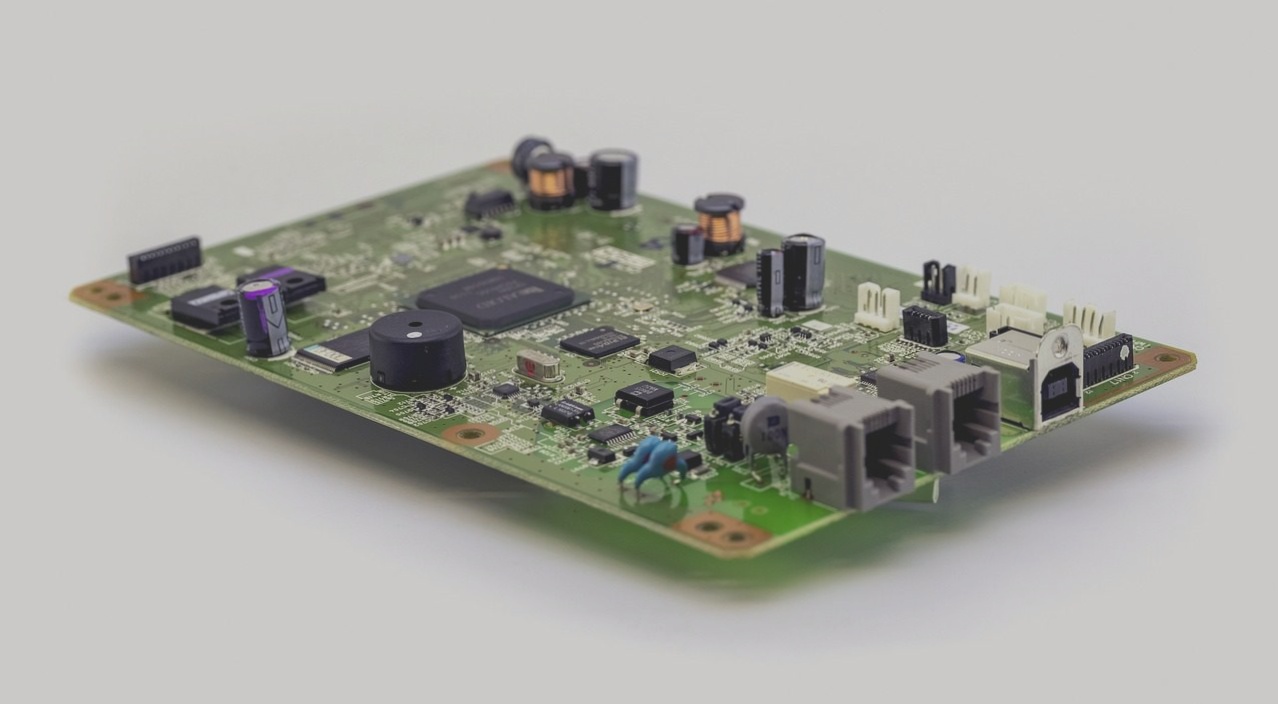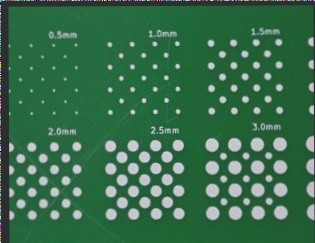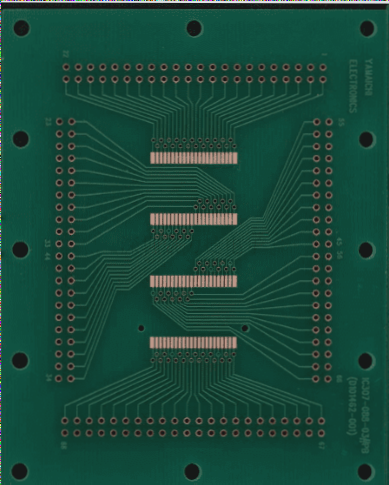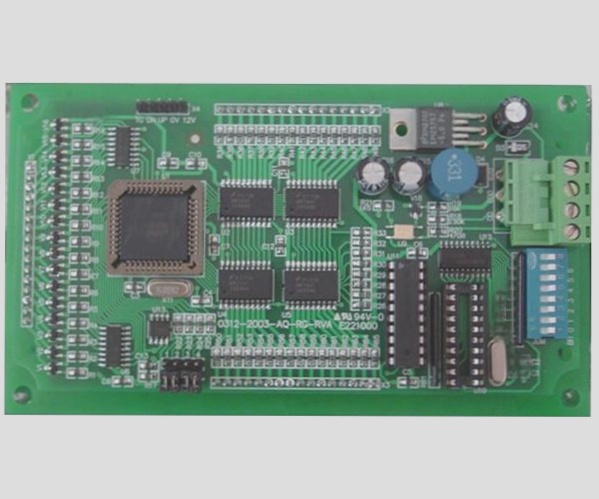Printed Circuit Board Assembly (PCBA) Supplier Selection Tips
In supply chain management, the choice of a reliable PCBA supplier is crucial for seamless operations. Selecting a partner with expertise not only ensures quality but also streamlines the manufacturing process, reducing time-to-market.
Benefits of Collaborating with the Right PCBA Supplier
Working with a knowledgeable PCBA supplier allows for early alignment of engineering designs with production speed, optimizing efficiency. This proactive approach minimizes delays and enhances overall productivity.
Accelerating Supply Chain Efficiency
Efficient communication is key to expediting the supply chain. Establishing clear channels with your PCBA supplier helps prevent misunderstandings and keeps projects on schedule. Timely responses and transparency are essential for successful collaboration.
Enhancing Collaboration with PCB Suppliers
1. Quarterly Performance Reviews
Regular performance evaluations with your PCB supplier facilitate open discussions on business progress and production updates. Monitoring metrics like on-time delivery and defect rates ensures alignment on objectives and enables timely issue resolution.
2. Supplier Scorecards
Utilize supplier scorecards to track delivery performance, quality control, and communication effectiveness. Continuous assessment helps identify areas for improvement and ensures your supplier meets quality standards consistently.
3. Quality Improvement Plan
Verify that your supplier has a robust quality improvement strategy in place. Collaborating on quality enhancements enhances product reliability and reduces costs over time, strengthening the partnership.
4. Complete Documentation
Thorough documentation is essential for smooth PCB production. Ensure all necessary documents, such as Bill of Materials and Gerber Files, are prepared in advance to prevent delays. Clear communication of assembly instructions and design requirements is crucial for accuracy.
5. Managing Long Lead Time Components
Identifying components with extended lead times is vital for proactive supply chain management. Planning ahead for these items helps prevent production delays and ensures timely project completion.
Key Strategies for Efficient PCB Assembly
- Identify components with long lead times early in the planning process to avoid delays.
- Work with suppliers to explore alternatives and secure earlier sourcing for critical components.
- Having backup options can help reduce lead time and minimize costs during component shortages.
- Proactively manage demand forecasts to prevent delays and control costs.
- Communicate forecasts to suppliers in advance to allow for competitive pricing and timely material procurement.
- Effective forecasting helps suppliers manage inventory and avoid production bottlenecks.
- Choose a PCB supplier that offers end-to-end solutions for design, production, and quality control.
- End-to-end partnerships simplify processes, enhance quality control, and reduce production cycle times.
Conclusion
Implementing these strategies ensures a smooth PCB assembly process and fosters a strong partnership with your supplier. By establishing transparent and proactive relationships, you can minimize supply chain disruptions, improve product quality, and enhance operational efficiency.




